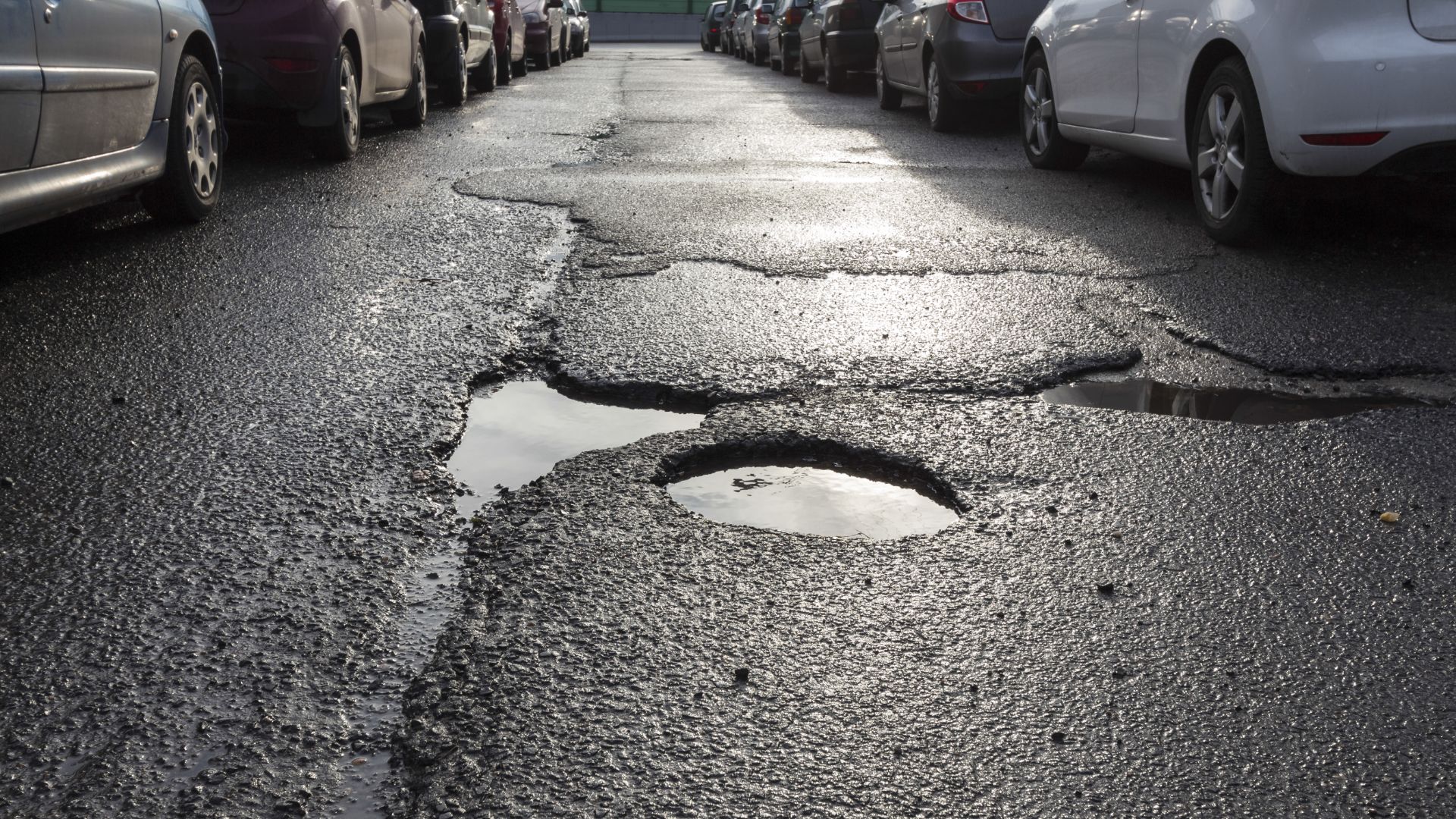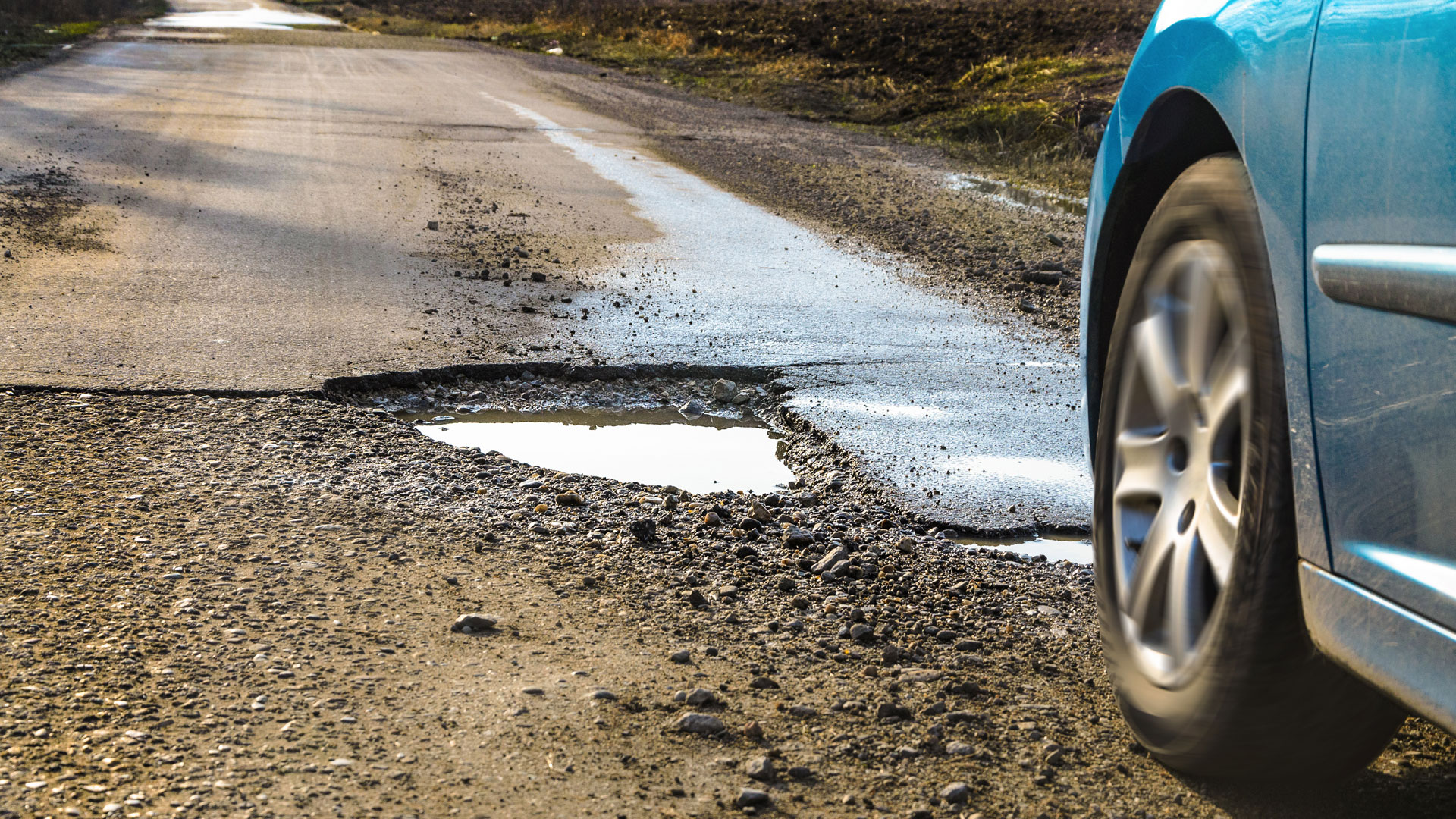
The number of potholes will rise by nearly a fifth (16 percent) if the investment in roads remains at current levels. That’s according to new research conducted by an insurance company and an economic consultancy.
It says that only one in four potholes in the UK will be fixed if the government commits to pledges made at last year’s general election. Since the election, the country has been hit by Storms Ciara and Dennis, resulting in more potholes and the requirement for even more investment.
This country doesn’t have a good track record when it comes to the quality of our roads. In 2016, a survey by Waze found that the UK was the third worst European country to drive in for driver satisfaction, with only Romania and Russia appearing lower on the list. Many respondents cited poor road surfaces as particular problem in the UK
Meanwhile, the UK ranks 37th out of 141 countries on the World Economic Forum’s road quality index, with the nation sandwiched between Slovenia and Lithuania, and only marginally better than Rwanda.
The Netherlands performed well on both lists, finishing top in the Waze survey and ranked second on the World Economic Forum index. This should come as no surprise, given the fact that 62 percent of the Dutch government’s investment into infrastructure is spent on the road network.
With a budget of €3.6bn (£3.1bn) for roads, the Dutch spend €29,000 (£25,000) per kilometre of road. Meanwhile, the UK government spends €25,000 (£22,000) per kilometre.
‘The issue of pothole continuity’

Now, a British company is calling for the use of Asphalt Rubber (AR) on road production in the UK. Roadmender Asphalt points to the use of the recycled rubber for road surfaces in Sweden, where it says road life expectancies have ‘shot through the roof’. It claims that mastic asphalt – the equivalent material used on Britain’s motorways – should be rolled out for use on other roads.
Harry Pearl, CEO of Roadmender Asphalt, said: “Whilst the new research from Zurich UK and Cebr paints a bleak picture for the state of Britain’s roads, the issue of pothole continuity does not take into account the new innovations that are on the horizon. Of course greater investment in our road networks will always help to alleviate the issue, but as seen in countries such as Sweden and their Scandinavian neighbours, innovative technologies are there to be utilised.
“Mastic asphalt has proven to be a success for the British motorways, and in the next few years we will certainly see an increase of mastic being transferred onto Britain’s A and B roads. With the assistance of our Roadmender vehicles, we are able to cut the costs of pothole repair through efficiency and time.”